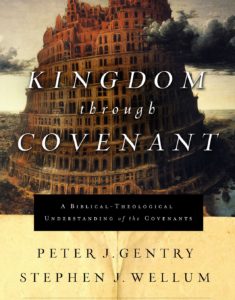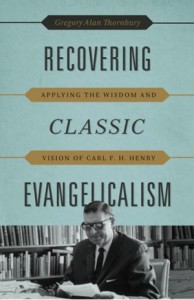Herzer, Mark A. “Adam’s Reward: Heaven or Earth?” In Drawn Into Controversie: Reformed Theological Diversity and Debates Within Seventeenth-Century British Puritanism. Edited by Michael A. G. Haykin and Mark Jones. Oakville, CT: Vandenhoeck & Ruprecht, 2011.
Mark Herzer observes that while Reformed theologians agreed that Adam would have received eternal life if he had kept the covenant of works, disagreement existed as to where that life would have been lived. On one side were Francis Turretin, Thomas Boston, Thomas Ridgley, and John Brown who held this was to be a heavenly life. On the other side were Thomas Goodwin, John Gill, and Jonathan Edwards who held to an earthly life in paradise. Others, John Ball, Peter Bulkeley, and Anthony Burgess did not think there was enough biblical data on which to take a position.
Herzer focuses his attention on Thomas Goodwin and Francis Turretin. Goodwin argued for an earthly life on the basis that only Christ, who is both God and man could secure a heavenly reward. Turretin argued that if the threat is eternal death in hell, the reward could not be less than heaven.


 In this volume Wellum and Gentry embark on the ambitious project of laying out a third way between covenant theology and dispensationalism. They label their position New Covenant Theology or Progressive Covenantalism (others who hold a similar position are Tom Wells, Fred Zaspel, John Reisinger, Thomas Schreiner, and Jason Meyer). [Update 4/21/16: The authors wish to distinguish PC from NCT. The two share some similarities, but they do not wish them to be equated. Since Schreiner and Meyer both contribute to the new book on
In this volume Wellum and Gentry embark on the ambitious project of laying out a third way between covenant theology and dispensationalism. They label their position New Covenant Theology or Progressive Covenantalism (others who hold a similar position are Tom Wells, Fred Zaspel, John Reisinger, Thomas Schreiner, and Jason Meyer). [Update 4/21/16: The authors wish to distinguish PC from NCT. The two share some similarities, but they do not wish them to be equated. Since Schreiner and Meyer both contribute to the new book on 